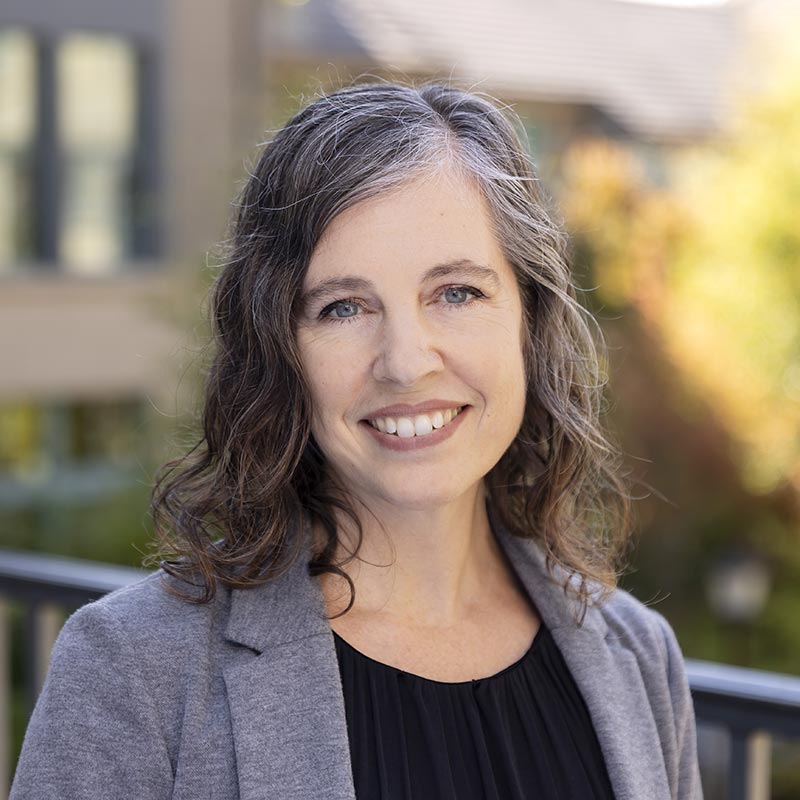
iStockphoto / wnjay_wootthisak
I am thrilled to join you as BSR’s new Human Rights Director! As I step into this role, I carry with me a continued fascination with the global challenges of today, a deep desire to understand the causes of the world’s most pressing human rights issues, and the persistent belief that we can do more to proactively protect the well-being of people in communities where businesses operate.
For the past decade, I worked at Mercy Corps—a humanitarian assistance and development NGO working in the world’s toughest places—to better understand, prevent, and mitigate conflict. As the organization’s first Peace & Governance Director in Myanmar and later as the Director of the Peace & Conflict technical advisory team, I launched, built, and implemented programs that aimed to reduce violence, build the preconditions for peace and development, and address critical and emerging threats—from climate change and disruptive technology to poor governance and gender inequality. This included working closely with communities as well as public, private, and civil society sectors to better protect the public interest and meet public needs.
My experience in international assistance has taught me four things that I bring with me to BSR:
The challenges of today’s world are complex. The destructive impact of climate change, growing income inequality, rising violence and political instability, increasing forced migration: these challenges are driven by multiple causes and are themselves intertwined. The corollary to this is that the solutions, too, are complex: because there is no single cause of today’s global challenges, there is no silver bullet to solve them. I look forward to working with BSR member companies to make sense of these challenges and to establish informed plans to address them
The realization of human rights is a multidisciplinary endeavor. Solving today’s challenges will require us to work across social, political, economic, and environmental systems to address their multiple drivers in tandem. No one actor can do this alone. Collective, multistakeholder action—grounded in a common analysis and driven by a shared strategy—is required to leverage the differential strengths and roles of the public, private, and civil society sectors. Companies will need to work across all operational functions to fully harness their capabilities to not only identify and mitigate human rights risks, but move beyond this to proactively foster the conditions that enable the full realization of human rights for everyone. BSR’s portfolio of multistakeholder and multi-company collaborative initiatives offers an excellent platform for joint actions toward this.
Know your context – and know your impact on it. Regardless of intention, businesses influence the contexts where they operate from the moment they enter. This is of particular concern in fragile and conflict-affected states, where both communities and companies are exposed to heighted risks of armed violence, political instability, and climate change. Knowing how interconnected social, political, economic, and environmental dynamics in a specific location increase state fragility, drive conflict, and undermine public well-being – and knowing how business operations will influence these dynamics – is the first step toward preventing adverse human rights impacts. I look forward to bringing the analytical lens and implementation approaches from the peacebuilding and conflict prevention fields to complement those in the field of business and human rights.
Business can make a difference. Development assistance from official donors was US$153 billion in 2018. That pales in comparison with the value of private sector investment, which was more than seven times that amount during the same period. To put it bluntly, aid won’t lift the world out of poverty—private sector investment will. By the same token, in the human rights realm, the world’s top businesses have an outsize influence on both their geographical areas of operation and their value chains. I look forward to working with BSR member companies not just to respect human rights by preventing adverse human rights impacts and remediating harm, but to fulfill these rights, both by supporting an enabling policy environment and by fostering the conditions—such as inclusive economic growth, women’s empowerment, and sustainable natural resource management—that underpin their realization.
If there’s a through line in my career, it’s the belief that we can build a world in which human rights are fully realized in both law and practice—and I look forward to building it with you.
Topics
Let’s talk about how BSR can help you to transform your business and achieve your sustainability goals.








